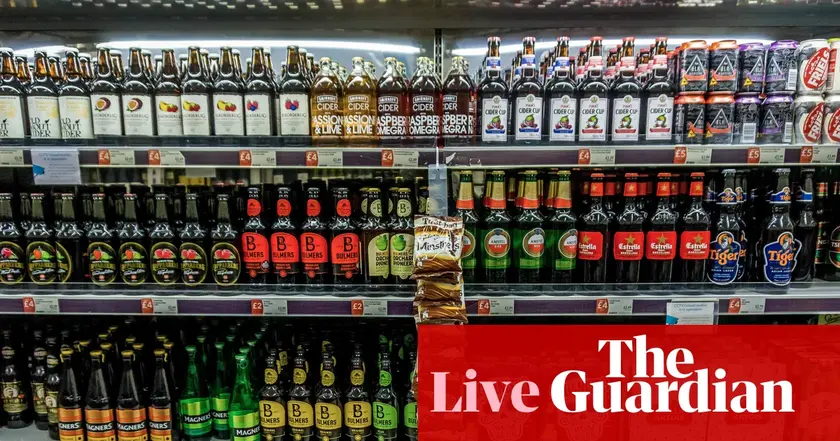T4K3.news
Morrisons sale to WP Carey finalised
WP Carey has acquired two Morrisons stores for £51 million and will lease them back to Morrisons on a long-term triple-net basis.
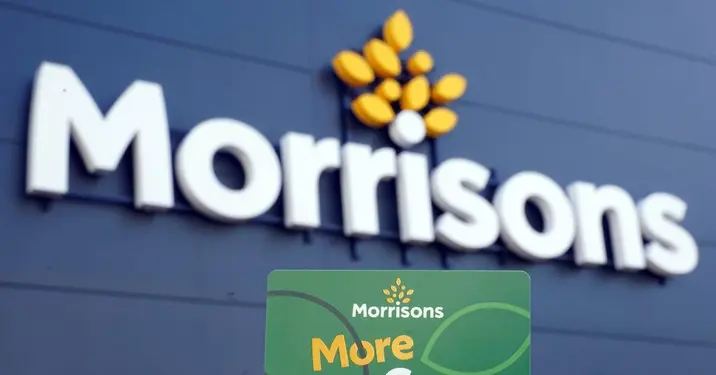
Two Morrisons stores in England are sold to WP Carey for £51 million and leased back to Morrisons on a long-term triple-net arrangement.
Morrisons sells two stores to US investor WP Carey for £51m
New York-based real estate investment trust WP Carey has bought two Morrisons stores and petrol stations in a £51 million deal. The Loughborough and Ilkeston sites will be leased back to Morrisons on a long-term triple-net basis, with rent increases built into the agreement. This acquisition follows WP Carey’s earlier purchases of Morrisons sites in Manchester and Doncaster in 2024.
Morrisons confirmed the transaction was a secondary market deal and not an acquisition directly from the grocer. Separately, Morrisons’ private equity owner CD&R has pursued sale-and-leaseback arrangements to fund the turnaround plan and reduce debt, including a £331 million sale of 76 stores to Song Capital in 2024 and the sale of its petrol stations to Motor Fuel Group in February 2024. The deal arrives as Morrisons posted a strong profit rebound last year, reversing a prior pre-tax loss.
Key Takeaways
"This investment aligns with our core strategy of acquiring essential, well located real estate backed by market leading tenants"
WP Carey chief on strategy
"This was a secondary market transaction and the stores were not acquired directly from Morrisons"
Morrisons spokesman on deal source
"We are pleased to build on our relationship with Morrisons acquiring another set of high quality grocery assets"
WP Carey comment on relationship
"The windfall was the major driver of Morrisons’ return to profit last year"
Accounts note on profits
The sale shows a continuing appetite for grocery real estate among investors, even as traders face a tougher consumer backdrop. For Morrisons, the triple-net structure shifts many ongoing costs to the tenant but also heightens exposure to rent escalations and maintenance charges if leases rise faster than sales. The arrangement underscores the leverage used by CD&R to fund a turnaround, while narrowing the group’s own capital needs in the short term. Looking ahead, the key question is whether this asset-light approach can sustain growth without eroding margins as costs rise and retail competition tightens.
Beyond Morrisons, the deal signals how private equity and real estate investors continue to pair long leases with strong tenants to unlock cash. That dynamic benefits buyers seeking stable income streams but can draw scrutiny if it appears to prioritise asset extraction over store investment or worker wages. The market will watch how these leases perform in a slowing economy and whether consumer demand holds up at the tills.
Highlights
- Asset value rests on the lease, not on the store's footfall
- Today’s cash flow hides tomorrow’s cost when rents climb
- Private equity moves in retail show the risk and reward of resale
- Grocery assets stay hot only if shoppers keep buying
Financial risk surrounding sale and leaseback strategy
The deal relies on long term triple net leases and debt funded growth. Rent escalators and ongoing maintenance costs could squeeze Morrisons' margins if consumer conditions weaken. The strategy also depends on private equity ownership and market appetite for grocery real estate, which could invite public and investor scrutiny.
The coming year will reveal how these lease structures hold up as costs and consumer pressures shift.
Enjoyed this? Let your friends know!
Related News
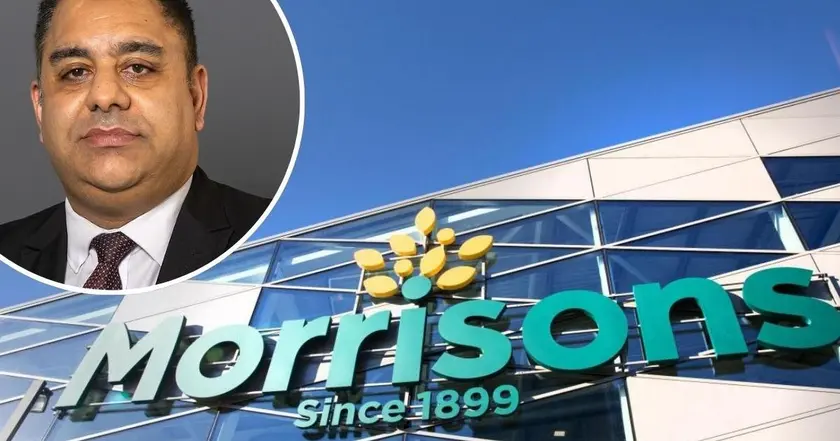
Morrisons profits but pressure on jobs
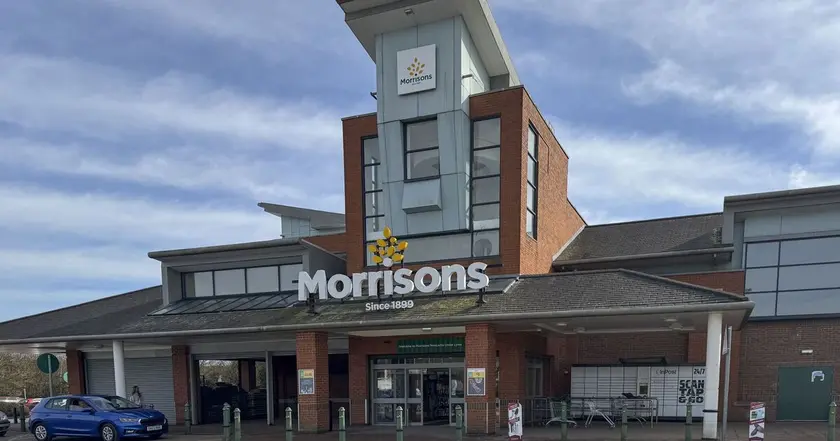
Morrisons to close over 70 outlets
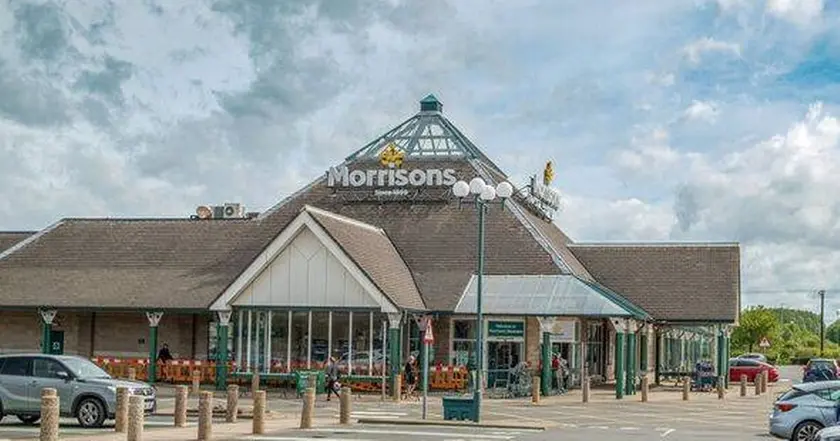
Morrisons closes 54 cafes and 14 stores
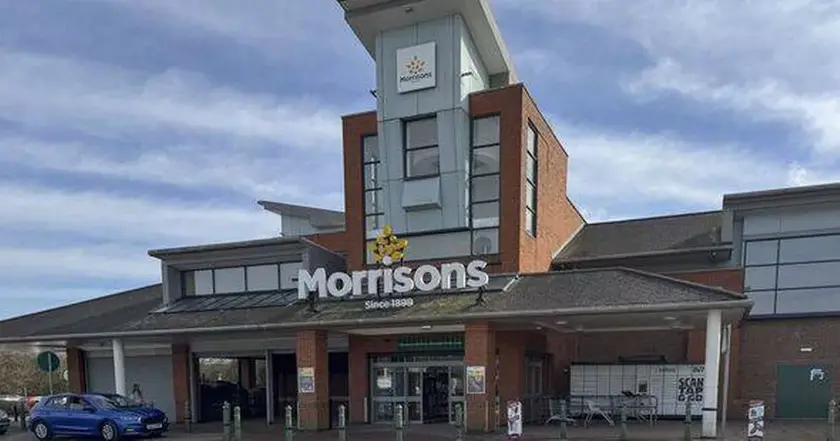
Morrisons closes 15 outlets in Scotland
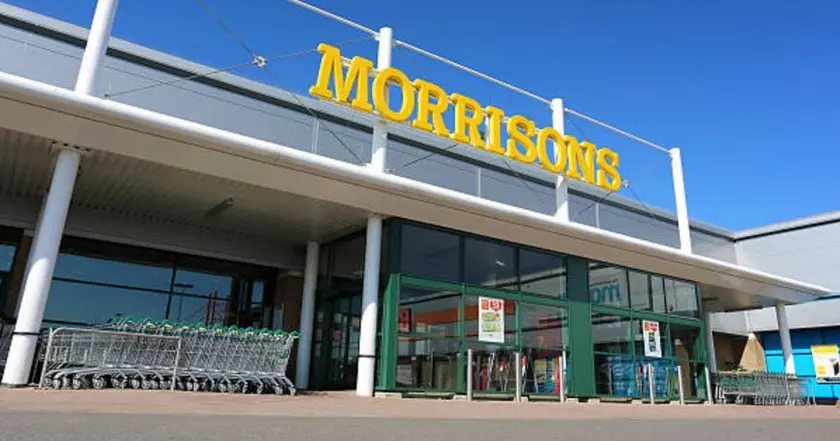
Morrisons to close 52 cafes across the UK
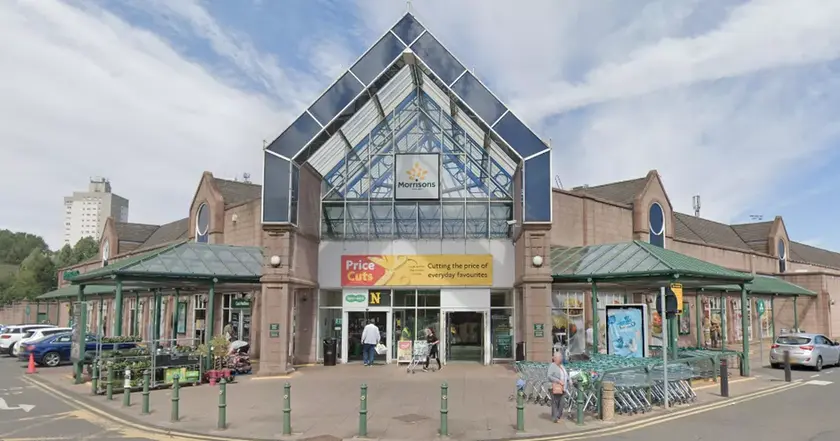
Morrisons closes Glasgow cafes
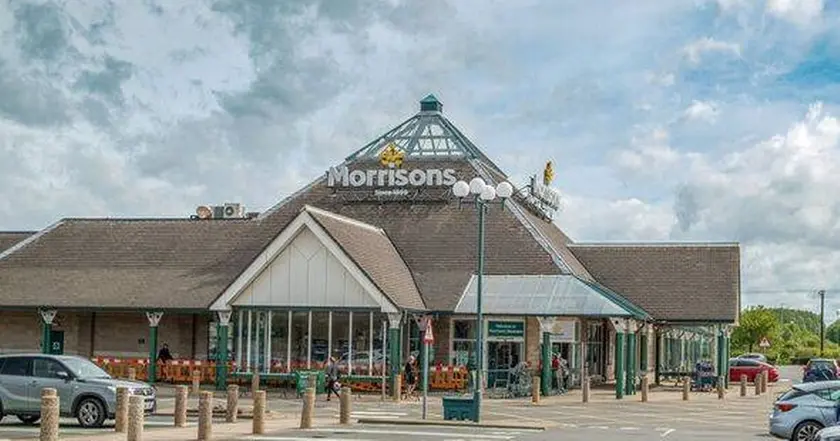
Morrisons cuts 54 cafes and 3,600 jobs amid cost pressures
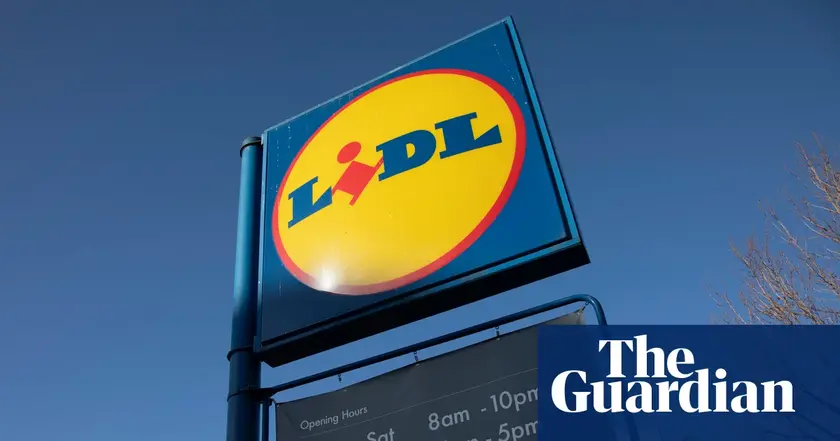
Lidl closes gap on Morrisons in UK grocery market
